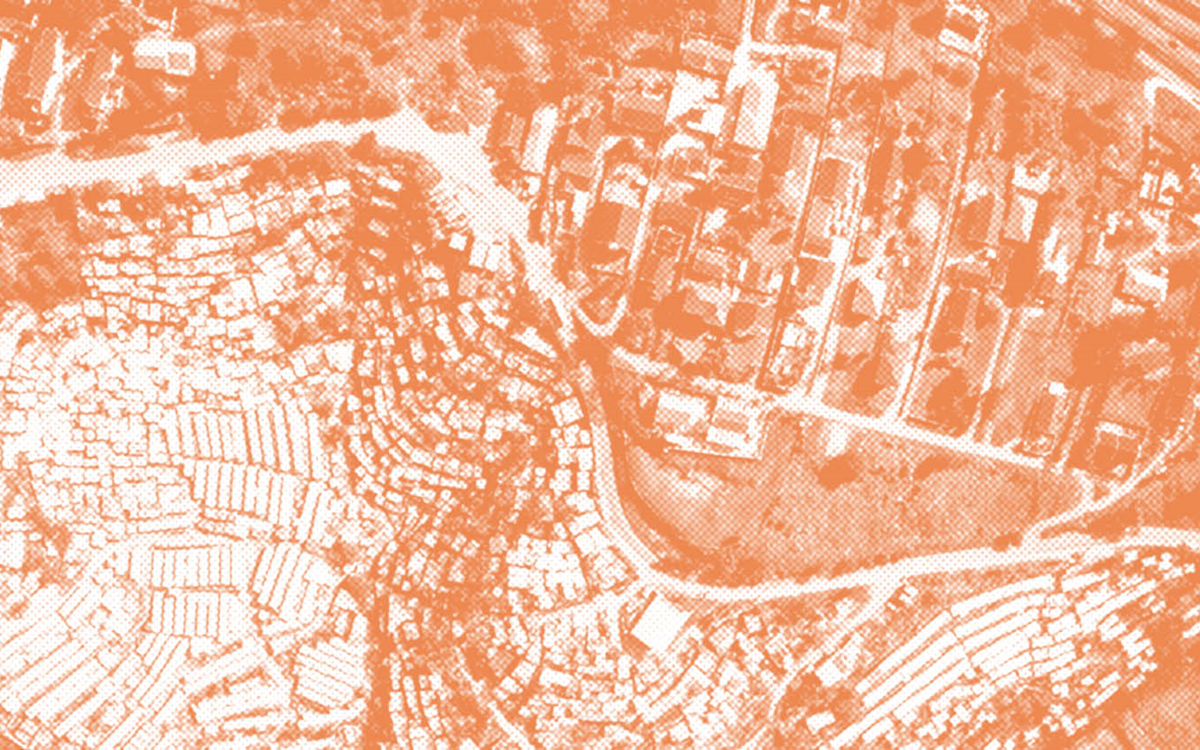


Image credit: Johnny Miller
The Association of Commonwealth Universities (ACU), the Commonwealth Association of Architects, the Commonwealth Association of Planners, and the Commonwealth Local Government Forum, with support from The Prince’s Foundation, the Rwandan Ministry of Infrastructure, the Rwandan Ministry of Local Government, and the Commonwealth Engineers Council have been working together with a range of partners to curate an online Programme on sustainable urbanisation in the Commonwealth.
Universities have a crucial role to play in addressing sustainable urbanisation. Higher Education’s vital role as a knowledge producer, as well as research, teaching and engagement – serves as a powerful means to help build a more sustainable future. In addition, universities around the world are implementing and driving sustainable development initiatives through their institutions’ own policies and practices.
The series of events, which runs until 2 September 2020, sets out to:
- Build on the momentum which has already been developed in response to the need for sustainable urbanisation in the Commonwealth.
- Inform and strengthen a call to action on sustainable urbanisation in the Commonwealth through exchange of ideas and good practice.
- In the face of the aftereffects of the COVID-19 pandemic, to advocate for the centrality of SDG 11 (make cities and human settlements inclusive, safe, resilient and sustainable) in reviewing the targets and achievements of the Sustainable Development Goals.
- Promote inter-disciplinary, cross-sector collaboration and engagement to address the challenges and unlock the opportunities presented by sustainable urbanisation across the Commonwealth.
At the Programme launch, Professor Mamokgethi Phakeng, Vice Chancellor at the University of Cape Town and Association of Commonwealth Universities Council Member, commented:
‘The Association of Commonwealth Universities is pleased to be working with our fellow Commonwealth associations to advance sustainable urbanisation in the Commonwealth. The ACU’s mission is to build a better world through higher education, and we draw on a membership of over 530 universities across the Commonwealth and a range of partnerships to realise this mission.’
Professor Mamokgethi Phakeng added, ‘University research informs new technical, social and policy solutions. Teaching builds the professional capacity that is urgently required. Engagement with communities, the built environment professions, and local and national government can provide a bridge between research, policy and practice.’
‘Universities have a critical role to play in sustainable urbanisation, and the Association of Commonwealth Universities is proud to be able to engage our members in this new initiative to drive change.’
The Programme was launched by HRH The Prince of Wales in June. This was immediately followed by a presentation and expert panel discussion on a ‘Survey of Built Environment Professions in the Commonwealth’. The survey looks at the numbers of built environment professionals across the Commonwealth, the rates of urbanisation and the capacity to assist cities and communities to achieve the Sustainable Development Goals (SDGs). The launch event is available as a recording online here.
Get involved
As part of the series, on 22 July 2020 the ACU and the Commonwealth Association of Architects will jointly host a free online webinar: Upskilling Professional Capacity for Climate Change and the Recovery. The session will focus on the findings of the ‘Survey of the Built Environment Professions in the Commonwealth’ and the need to build capacity and capability to better respond to the challenges created by climate change and rapid urbanisation. You can register online here.
All interested members are invited to participate in the Programme. To sign up to other sessions in the online Programme visit: commonwealthsustainablecities.org/onlineprogramme

- Are you directly engaging in the SDGs agenda within your institution? Consider joining our Higher Education and SDGs Network
- The ACU works in a number of ways to address climate change and its impacts. Discover more about our Commonwealth Climate Resilience Network (CCRN) here
